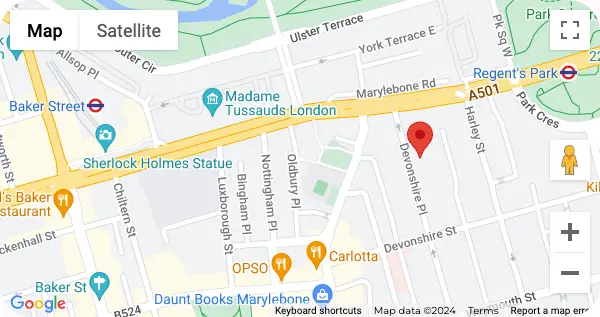Skin Inflammation
What is Skin Inflammation?
Skin inflammation is when your skin is red, swollen, and irritated. This typically occurs when the skin reacts to an irritant, allergen or antibacterial agent. Although inflammation is the body’s protective mechanism, it can make skin dry and sensitive when excessive.
Sun damage, harsh chemicals, pollution and inadequate skin care can exacerbate the issue. Inflammation can be also triggered by hormonal fluctuations, dryness and stress. While it’s not dangerous, it can be uncomfortable and make you feel bad about your skin. Proper skin care can soothe inflammation and preserve its health.
The Most Common Causes of Skin Inflammation:
- Irritants & Allergens: Some skin care products, chemicals, and fragrances can irritate the skin, leading to redness and inflammation.
Bacteria & Infections: Bacteria on the skin build up over time, which may be caused by poor hygiene or clogged pores, and cause inflammation, resulting in breakouts.
Overexposure to Sun: Sun weakens the skin protective barrier, making it more sensitive/ inflamed.
- Dryness & Dehydration: A lack of moisture causes the skin barrier to dry and become irritated, both of which can lead to inflammation.
- Hormonal Fluctuations: Hormonal changes such as those that occur during puberty, menstruation, or menopause can also lead to an increase in skin sensitivity and inflammation.
- Bad Skincare Habits: Neglecting sunscreen, using extreme products, or failing to keep a consistent skincare routine can compromise the skin, causing irritation.
What Does Skin inflammation Feel Like?
Skin inflammation can be irritating and uncomfortable to deal with. It frequently results in skin that feels irritated, sensitive, and lacking balance. Your skin may appear red, itchy, or even feel irritated to the touch; you might feel heat or burning. Untreated pain can lead to complications where your self-confidence and daily routine get worse. Common conditions associated with skin inflammation include:
- Redness and Warmth: Inflamed skin usually looks red and is warmer to touch
- Itching and Irritation: The skin can become itchy or irritable, making it difficult to refrain from scratching, which can exacerbate the condition.
- Dryness And Flaking: Inflammation can break the skin’s natural barrier resulting in dryness, flaking and peeling.
- Swelling and Puffiness: The inflamed areas can also swell or puff up, particularly around sensitive areas.
- More Sensitive: The skin is more sensitive and it stings or burns when using skincare products or touching the affected area.










